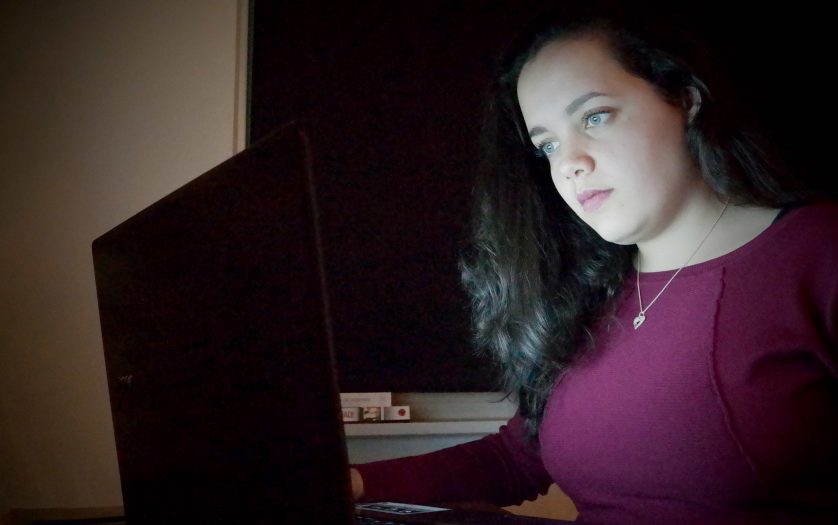
A teleconferencing program at the UC Davis MIND Institute that aims to improve autism care, particularly in underserved areas, is holding two new sessions, beginning in May.
ECHO Autism uses an interdisciplinary model to connect experts and providers so they can share knowledge widely and improve patient care. This is especially important in areas where specialists are hard for families to access.
“There are many barriers for families to obtain the services they need at the right time,” explained Bibiana Restrepo, a developmental-behavioral pediatrician, associate professor in the Department of Pediatrics and member of the ECHO team. “Many of those living in rural or underserved areas must travel many miles to find services or be put on waitlists for care.”
The virtual model helps to increase accessibility by increasing the number of providers who are knowledgeable about autism care. It also helps reduce barriers that providers themselves face in getting the training they need. They can also earn continuing educational credits for their participation in ECHO.
“It eliminates those challenges such as distance, travel and even time that can impact a provider’s access to face-to-face training, and allows individuals to connect with providers outside of their region, state or even their country,” said Amber Fitzgerald, a behavior analyst, educational specialist and program manager at the MIND Institute who’s on the ECHO team.
Providers from around the world have taken part in the MIND Institute’s ECHO Autism program.
The program is designed to create a community of practice. The MIND Institute team, called “the hub,” facilitates the meeting and the participants, who are health care providers, form “the spokes.” The MIND Institute hub includes a psychologist, social worker, behavior analyst, special educator, parent, and a developmental-behavioral pediatrician. The participants, or spokes, include pediatricians, nurse practitioners, community providers, special educators and more.
“This hub and spoke design allows information to be shared, and all members actively participate and learn from each other,” Fitzgerald explained. “Providers connect with experts they wouldn’t otherwise be able to, learn valuable information and then immediately apply that knowledge to families in the community in which they practice. The idea is moving knowledge through the network to reach all of these regions.”
A typical ECHO session includes a presentation on a core topic, then a case study, where a provider shares a case of an autistic individual they’re caring for and asks for feedback and advice about how to handle a challenge. It ends with recommendations from the participants and the experts.
It’s not just the participants who learn during an ECHO session.
“It’s really meaningful to interact with people from different disciplines and service settings,” said Sarah Dufek, a psychologist and assistant professor of clinical psychology in the Department of Psychiatry and Behavioral Sciences. “It keeps us fresh about how things designed in research actually work in the real world. Since we have people taking part from all over the world, it’s really helpful to hear how things will work given people’s cultural differences.”
The next two ECHO sessions begin in May and run through November. One is focused on general autism screening, diagnosis and treatment. The second will address the mental health challenges that often co-occur in autistic individuals, such as anxiety. Providers are encouraged to sign up quickly, as space is limited.
- ECHO Autism Focused Topics: Mental Health
First Thursdays, 5/05/22 – 11/03/22, 12-1:30 p.m. - ECHO Autism: Introduction to autism
Second Thursdays, 5/12/22 – 11/10/22, 12-1:30 p.m.
Registration for both sessions is open until April 29. Learn more at the ECHO website, or email hs-echoautism@ucdavis.edu to register.








